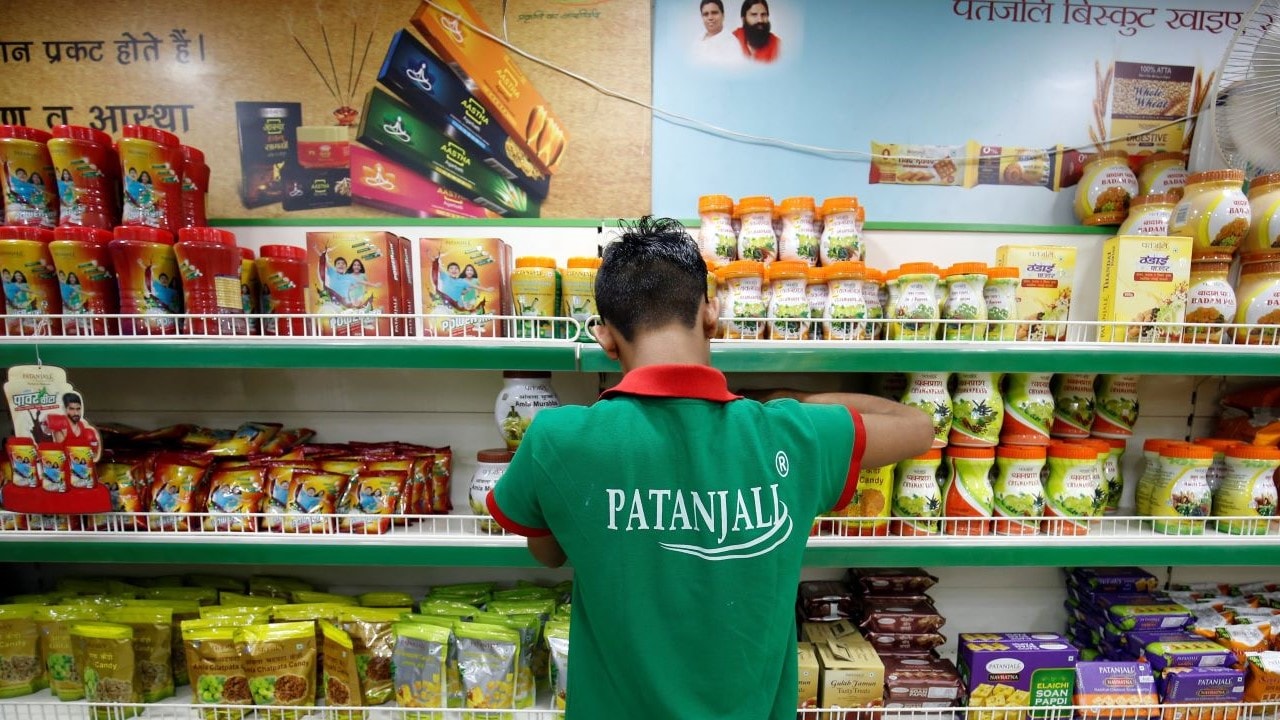
The central food ministry has urged edible oil companies not to raise retail prices, following the government's recent increase in import duties on essential cooking oils. This move aims to support domestic farmers facing lower oilseed prices. NSE The ministry has requested that companies keep prices at or below the maximum retail price until existing stocks, which were imported before the duty hike, are depleted.
Approximately 3 million tons of edible oil imported prior to the duty increase are expected to last for 45-50 days of consumption. On September 13, 2024, the government raised the basic import tax on crude and refined edible oils—including palm, soybean, and sunflower oil—by 20% to ensure better prices for local oilseed crops. Earlier, oil stocks were imported at 0% -12.

5% basic custom duty. Duty hike unlikely to dent consumption demand Despite the duty increase, demand for edible oil is projected to remain strong. A Reuters report indicates that India’s consumption of edible oils is expected to grow by 2%-3% due to rising population and economic prosperity.
Sanjeev Asthana, CEO of Patanjali Foods, views the import duty increase as a positive step for oilseed prices. Edible oil imports to rise going forward Looking ahead, India continues to be the largest importer of vegetable oils globally, sourcing about 70% of its needs from international markets. The country primarily imports palm oil from Indonesia, Malaysia, and Thailand, while soyoil and sunoil come from Argentina, Brazil, Russia, and Ukraine.
For the 2024-25 period, Asthana forecasts palm oil imports to rise to between 9 and 10 million metric tons, up from approximately 9 million tons this year. This growth is anticipated as palm oil recovers market share lost to higher-priced sunflower oil. He also expects soyoil imports to remain steady at around 3 million tons next year.
Additionally, India’s soybean production in 2024 could increase to 11 million tons, up from about 10 million tons last year, assuming favorable weather conditions in the coming weeks. (With inputs from agency).














